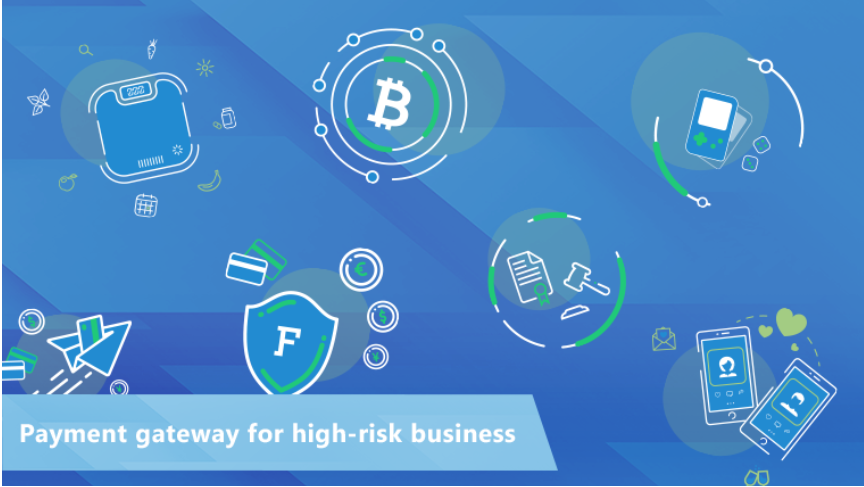Introduction
In today’s digital world, payment processing scams have become a prevalent threat to businesses, especially those operating in high-risk industries. These scams can result in significant financial losses and damage a company’s reputation. It is crucial for businesses to be vigilant and take proactive measures to avoid falling victim to these scams. In this article, we will explore practical ways to protect your business from payment processing scams in high-risk industries.
Understanding Payment Processing Scams
Payment processing scams are schemes designed to deceive businesses into providing sensitive financial information or making fraudulent payments. Scammers often target high-risk industries, such as online gaming, adult entertainment, and tech support, as they perceive these businesses as more vulnerable. The repercussions of falling victim to these scams can be devastating, including financial losses, legal consequences, and a tarnished brand image.
Tips to Avoid Payment Processing Scams
Choose a Reputable Payment Processor
The first and most crucial step in avoiding payment processing scams is to select a reputable payment processor. Thoroughly research different providers, read customer reviews, and assess their industry experience. Look for well-established companies with a proven track record of serving high-risk industries. A reliable payment processor will have robust security measures in place to protect your business from scams.
Beware of Unrealistic Pricing and Promises
Scammers often entice businesses with offers that seem too good to be true. Be cautious if a payment processor provides excessively low rates or promises extraordinary results. Trusted providers understand the challenges faced by high-risk industries and offer fair and competitive pricing. If an offer seems suspiciously tempting, exercise due diligence and thoroughly research the provider before proceeding.
Read and Understand the Contract
Before signing up with a payment processor, carefully read and understand the contract, including all terms and conditions. Pay close attention to fees, termination clauses, and dispute resolution procedures. If any clauses seem ambiguous or raise concerns, seek clarification from the provider to ensure you have a clear understanding of your rights and the scope of the services offered.
Implement Strong Security Measures
Ensure your business has robust security measures in place to protect against scams. This includes using secure payment gateways, implementing encryption technologies, regularly updating software, and conducting vulnerability assessments. Train your employees on identifying potential scams, such as phishing emails or suspicious phone calls, and educate them on best practices for data security.
Verify the Identity of Customers
In high-risk industries, verifying the identity of customers is crucial to prevent fraudulent transactions. Implement stringent Know Your Customer (KYC) procedures and perform thorough background checks on new customers. Request valid identification documents, proof of address, and other relevant information to ensure the legitimacy of the customer’s identity and mitigate the risk of scams.
Monitor and Analyze Transactions
Regularly monitor and analyze transaction patterns to identify any suspicious activity. Utilize fraud detection systems that can flag unusual or fraudulent transactions. Pay attention to any sudden and significant changes in payment volumes, high chargeback ratios, or irregular purchase patterns. Promptly investigate and address any potential signs of scams.
Stay Updated on Scam Trends
Scammers continually evolve their tactics, making it essential to stay informed about the latest scam trends in payment processing. Follow industry news, participate in forums and discussion groups, and engage with other businesses in high-risk industries. Sharing knowledge and experiences can help you stay ahead of scammers and collectively thwart their efforts.
Conclusion
Payment processing scams pose a significant threat to businesses operating in high-risk industries. By following the tips outlined in this article, you can protect your business from falling victim to these scams. Remember to choose a reputable payment processor, be cautious of unrealistic promises, thoroughly read and understand contracts, implement strong security measures, verify customer identities, monitor transactions, and stay informed about scam trends.
Protecting your business from payment processing scams requires continuous vigilance and education. Be proactive, prioritize security, and always be skeptical of offers that appear too good to be true. By doing so, you can safeguard your high-risk business, maintain customer trust, and ensure long-term success in your industry.
As the saying goes, “Prevention is better than cure.” Taking preventive measures against payment processing scams will save your business from potential financial and reputational damage. Stay alert and empower your business with the knowledge and tools necessary to combat scams in the high-risk landscape.

